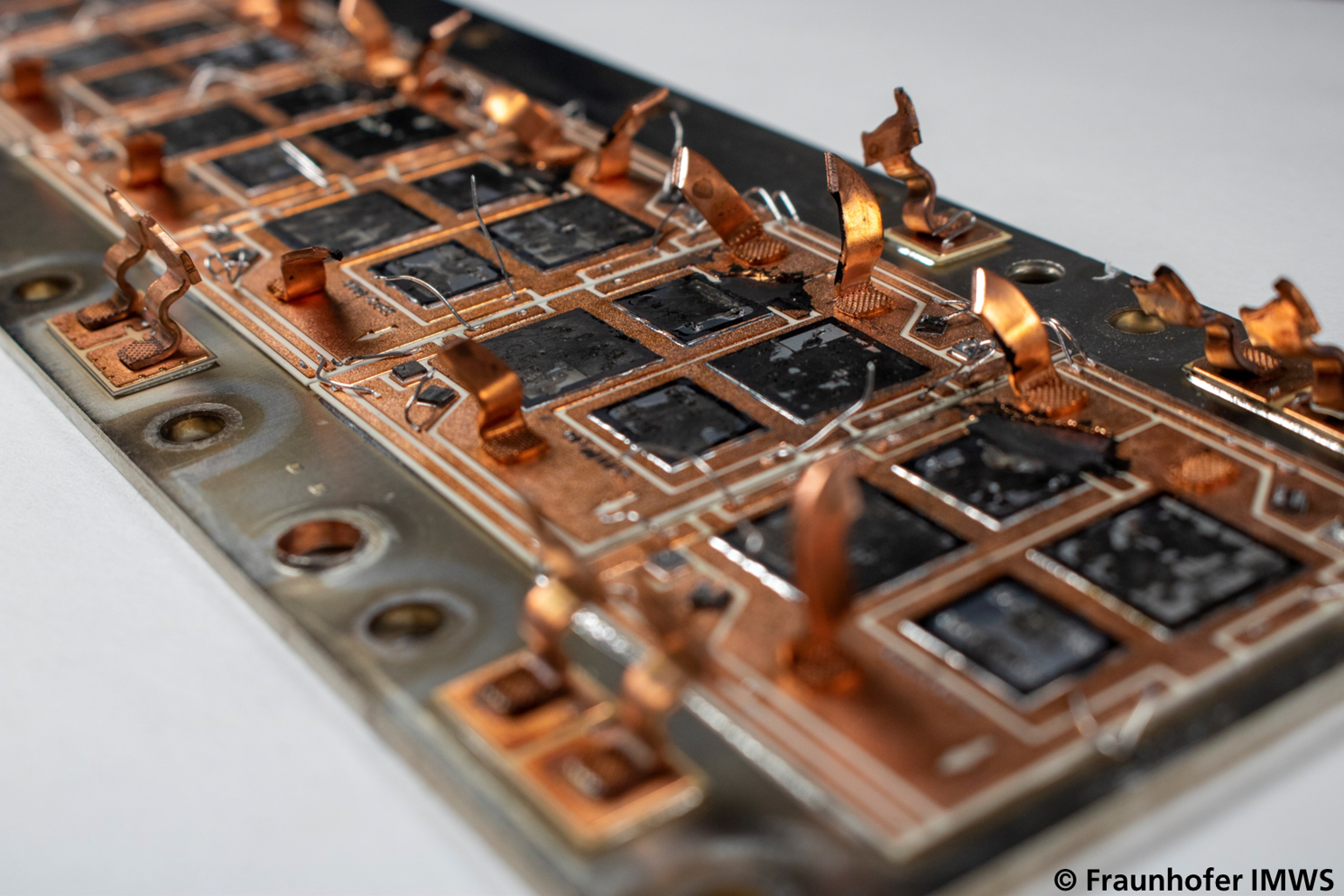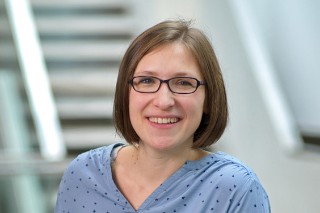This is where the joint project “More robust PV systems and operational management through the analysis of power converter failures” (robStROM) comes in. Fraunhofer IMWS, DiSUN Deutsche Solarservice GmbH, and DENKweit GmbH are working together to develop effective data-, AI-, diagnostic-, and analytics-based methods for reducing inverter failures. These methods will make it possible to prevent failures through root cause analysis and early detection and to reduce the burden on operational management through predictive maintenance plans. Diagnostic and metrological results from basic research provide information about the causes of failure mechanisms, while technology- and manufacturer-independent defect statistics based on monitoring data from a large portfolio of systems provide information about inverter malfunctions. Cause and effect are thus combined.
The Fraunhofer IMWS is contributing its expertise from two areas to the project, which also cover the focal points of “cause” and “effect.” On the one hand, the experience of the “PV Systems and Integration” group, which deals with modern test methods for system diagnostics and AI-supported damage analysis and yield forecasting for PV power plants and the optimization of energy systems. On the other hand, the “Materials and Components for Electronics” group analyzes the microstructure, material interactions, and defect formation in correlation with technology, material selection, design, and operating conditions in detail, thereby understanding and improving the influence of manufacturing processes and reliability in application.
The project, with which the consortium is responding to the urgent need for long-lasting power converters that are insensitive to environmental influences, is being funded for a period of two years as part of the 7th Energy Research Program, call for proposals “Power Converter Service Life” (StRiLeb). The project coordinator is DiSUN Deutsche Solarservice GmbH. saferay operations GmbH and Leipziger Energie GmbH & Co. KG are associated partners in the project.
 Fraunhofer Center for Silicon Photovoltaics CSP
Fraunhofer Center for Silicon Photovoltaics CSP
